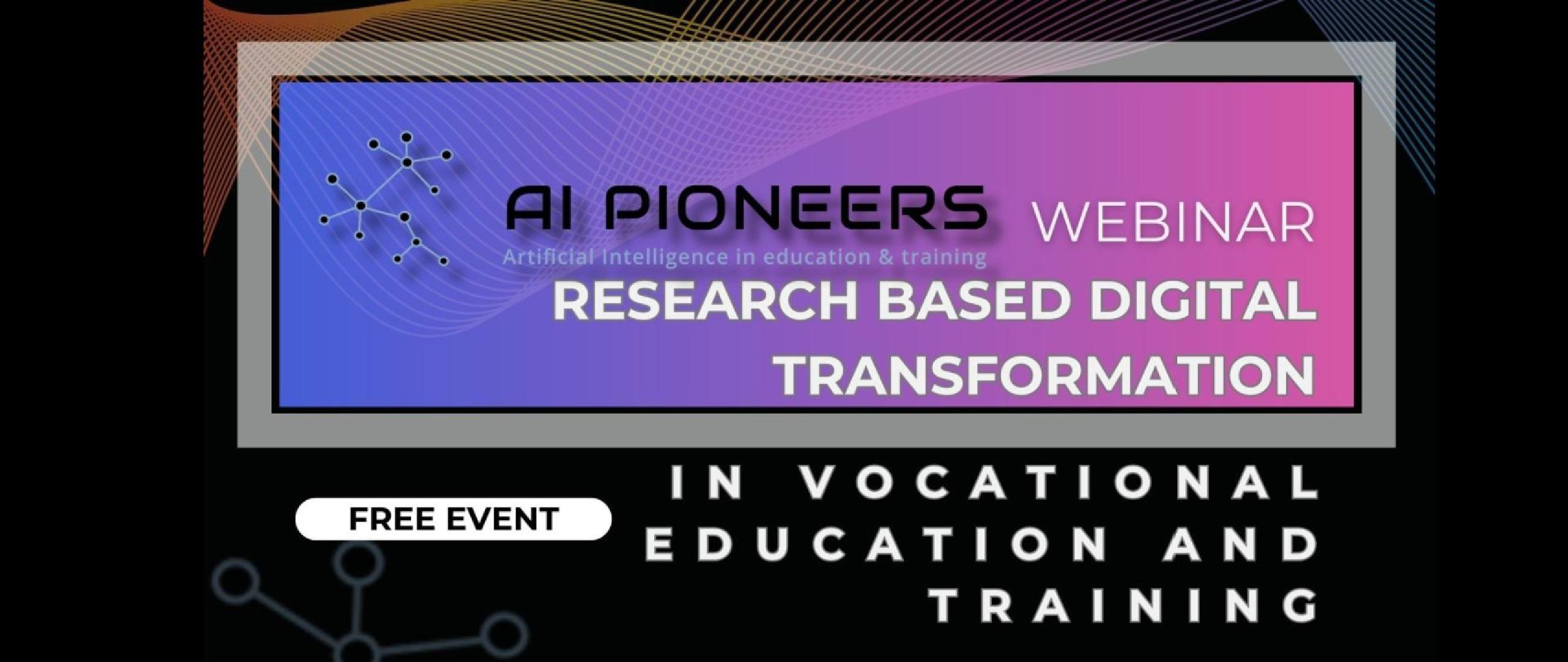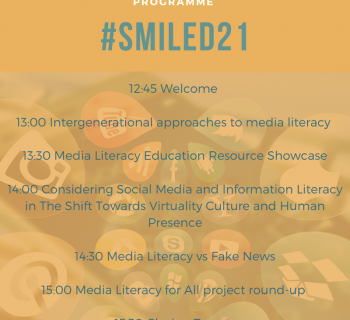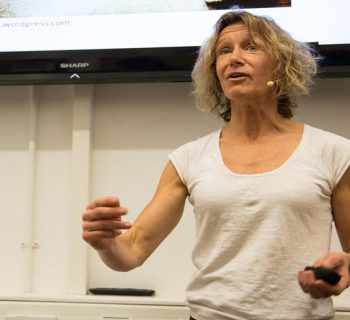I’ve been researching multimodal literacies and democratising AI in education this week. There are a growing number of Open Source alternatives out there which come with the benefits of self hosting, maintaining control of your data and potentially having some control over the energy use of your systems.
The Power of Democratised AI
The democratisation of AI technology represents a significant shift in the privacy landscape. As open-source AI models and tools become more accessible, a departure from the centralised control of large tech companies is becoming more and more possible. This democratisation naturally leads to better privacy outcomes – when AI capabilities are distributed rather than concentrated, users aren't forced to share their data with a handful of powerful corporations. Community-driven, open-source AI projects often prioritise privacy by design, giving educators more control over how student data is handled and processed. This shift towards democratised AI also means more eyes on the code, more diverse perspectives in development, and more options for institutions to customise privacy features to their specific needs.
Potential Environmental Benefits of Democratised AI
The shift toward democratised, locally-run AI offers another compelling advantage: potential reduction in environmental impact. As we all face increasing need to reduce our carbon emissions, the environmental benefits of self-hosted AI solutions become increasingly relevant.

AI for Biodiversity by Nidia Dias & Google DeepMind nidiadias.com/deepmind.google/discover/visualising-ai/
Sustainable Computing Through Local Processing
Running AI models locally can significantly reduce the environmental impact of AI use in education. While large cloud-based AI services require constant operation of massive data centers, local processing allows for more flexible and potentially more sustainable approaches:
- On-demand processing eliminates the energy costs of maintaining constantly-available cloud services.
- Local deployment allows institutions to schedule intensive AI tasks during times when renewable energy is most available.
- Reduced data transfer between users and distant servers cuts down on network infrastructure energy usage.
- Institutions can choose energy-efficient hardware and optimise their local setup for sustainability.
Balancing Efficiency and Access
It's important to acknowledge that the environmental benefits of local AI processing depend largely on implementation. While some institutions might use less efficient hardware than specialised data centers, the ability to control and optimize AI usage often leads to better overall energy efficiency. Educational institutions can:
- Choose right-sized models appropriate for their specific needs.
- Implement energy-efficient scheduling of AI tasks.
- Optimise hardware specifically for their use cases.
- Combine AI processing with existing sustainable IT initiatives.
The Rise of Self-Hosted AI Solutions
The landscape of educational AI is shifting toward privacy-conscious alternatives. Self-hosted solutions now offer capabilities previously available only through cloud services, giving educators more control over student data. Tools like PrivateGPT and LM Studio enable AI-powered learning experiences while keeping sensitive information within your institution's control.
Essential Privacy-Friendly AI Tools for Educators
Language and Communication Tools
Open-source solutions like Vosk https://alphacephei.com/en/ provide reliable speech recognition without sending data to external servers. For language translation, Apertium and Mozilla's Bergamot Translator both offer robust offline capabilities, ensuring student conversations remain private.
Creative and Multimedia Applications
The creative aspects of vocational education can benefit from privacy-friendly AI tools. GIMP, enhanced with AI plugins, offers sophisticated image editing capabilities without cloud dependence. For audio production courses, Audacity with AI plugins provides professional-grade audio editing while maintaining data privacy.
Intelligent Virtual Assistants
Platforms like Rasa represent a new generation of customizable, privacy-focused chatbots. These can be deployed on your institution's servers, allowing you to create specialized learning assistants that align with your curriculum while keeping student interactions confidential.

Generative Image models by Linus Zoll & Google DeepMind linuszoll.de/deepmind.google/discover/visualising-ai/
Research and Content Creation
Privacy-Conscious Note-Taking and Research
Modern note-taking tools like Obsidian and Joplin, combined with local AI plugins, offer powerful research and organization capabilities. Students can benefit from AI-powered summarization and connection-making without exposing their academic work to external services.
Content Generation and Creativity
For courses requiring creative content production, tools like locally-hosted Stable Diffusion enable AI-powered image generation without data leaving your control. Video editing programs like Olive (currently a work in progress) provide AI-enhanced capabilities.
Researching your own documents
Apps like PrivateGPT and LM Studio allow you to ask questions about your own locally stored documents using the power of Large Language Models (LLMs), even in scenarios without an Internet connection. Opr you could even run your own local install of Deep Seek.
What have I missed?
What privacy-friendly AI tools are you currently using in your vocational training programs? Share your experiences via our LinkedIn and EPALE groups.








